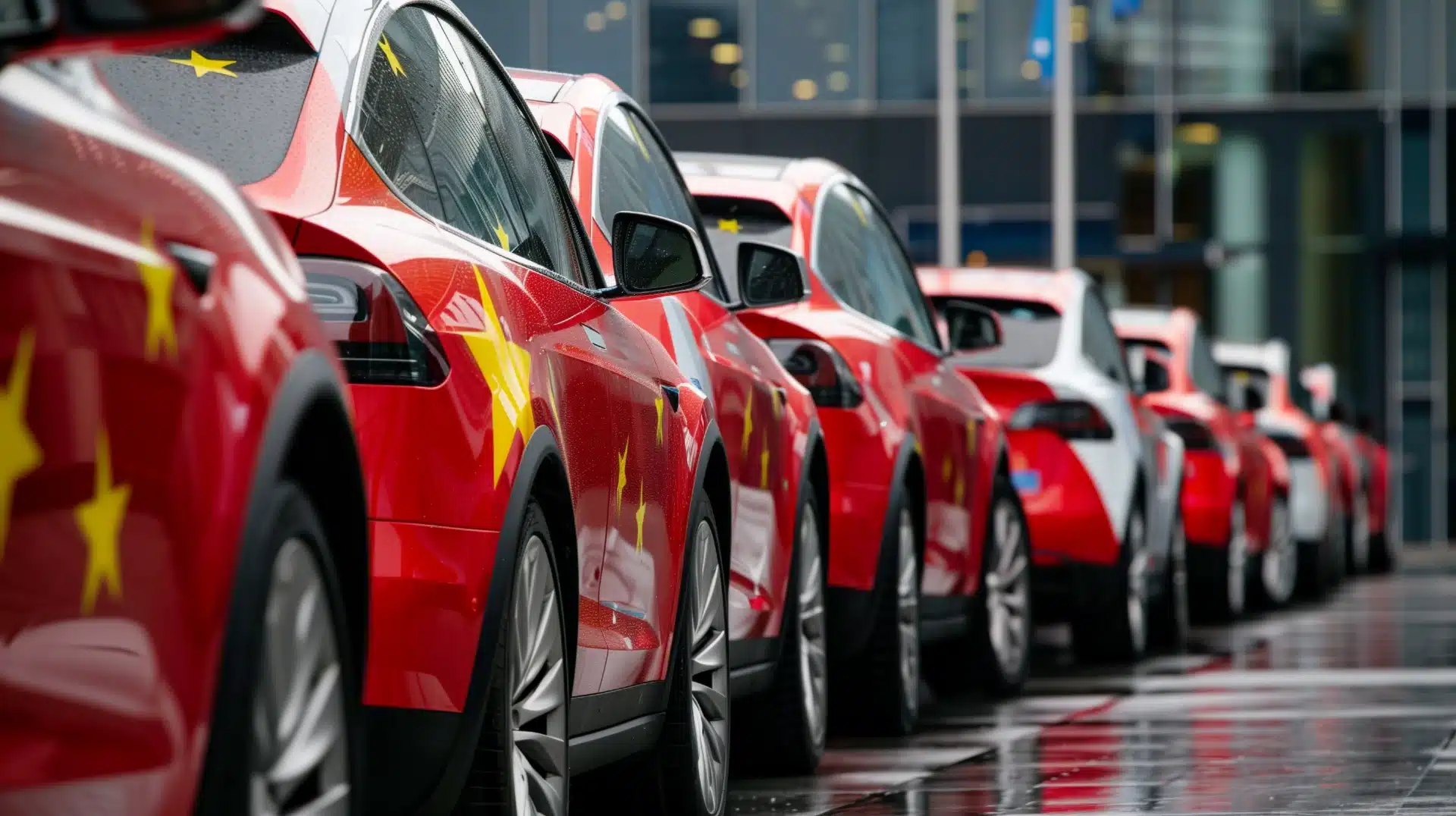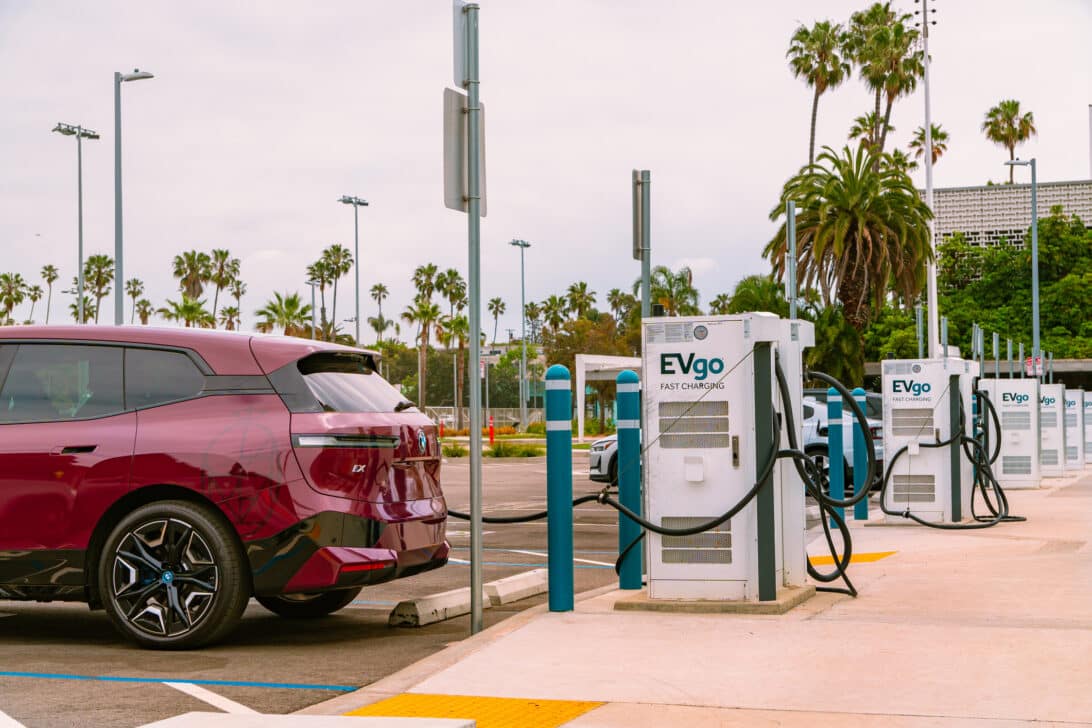The European Union is poised to make crucial decisions regarding the imposition of preliminary tariffs on Chinese electric vehicles (EVs) this autumn. These tariffs must be confirmed by EU governments, while China is expected to decide on potential retaliatory measures, including targeting specific European exports such as French cognac.
Central to the EU’s agenda is determining China’s role in Europe’s decarbonization efforts, particularly in the move away from fossil fuel cars toward electric vehicles. Europe aims to reconcile its twin objectives of decarbonizing the transport sector and fostering its domestic green technology industry.
Europeans need to elucidate whether they want the 10 million cars sold annually to be entirely zero-carbon and produced in Europe, a significant portion of zero-carbon vehicles to come from China, or to focus on domestic production even if it delays achieving full carbon-free status. Currently, about 15% of new cars bought in Europe are pure EVs, with roughly a quarter of these manufactured in China.
The dilemma lies in whether to integrate Chinese EV imports into the solution or prioritize the protection of domestic industries, potentially delaying transport decarbonization. Unlike the U.S., which has enacted 100% tariffs effectively banning Chinese EVs, the EU’s tariffs aim to counterbalance subsidies, thereby maintaining opportunities for Chinese manufacturers to profit in Europe without prompting harsh retaliatory actions from China.
EU policymakers must determine whether to make EVs more affordable for consumers or continue to burden end users with high costs. One proposed strategy is to permit substantial Chinese imports while bolstering aggressive measures to ensure a stable EV market for European producers.
Tariffs should counter unequal subsidies, and a carbon tariff should apply to cars, removing cost advantages from carbon-heavy production. Tax, subsidy, and procurement policies should guarantee that European producers can sell increasing numbers of EVs domestically. Germany, for instance, could significantly influence this shift by adjusting tax incentives for corporate cars from conventional to electric, potentially saving budgetary resources.
Simultaneously, China should enhance EV adoption domestically through stronger consumer incentives, easing export pressures and facilitating European tolerance for import volumes. However, trust between Europe and China must improve, given past tensions over industrial competition and geopolitical conflicts. For mutual cooperation to succeed, clear communication and collaborative efforts are essential.
Subscribe
Sign-up to receive our newsletter





